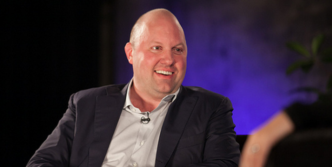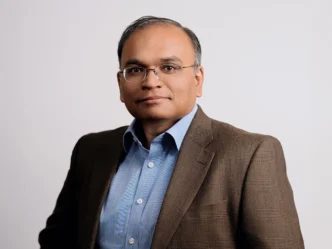Europe’s venture capital landscape is seeing a quiet revolution as more former founders transition into investors. Amodel long embraced in the U.S. but still relatively novel across the Atlantic. In the U.S., it’s common to find VCs (DIG Ventures) who are also seasoned entrepreneurs. In Europe, the traditional route has often gone through banking or finance. But this is changing, with high-profile founders like Wise’s Taavet Hinrikus, Glovo’s Oscar Pierre, and Pitch’s Christian Reber entering the investment scene.
Ross Mason, the founder of MuleSoft, which sold to Salesforce for $6.5 billion in 2018. Is among this growing class of “operator VCs.” After the acquisition, Mason established DIG Ventures, initially as a family office, alongside co-founder and general partner Melissa Klinger, former U.K. sales lead at MuleSoft. Now, DIG Ventures has announced the close of its second fund—and its first institutional fund—at $100 million.
DIG will invest in pre-seed and seed-stage B2B SaaS, AI, and cloud infrastructure startups, primarily in Europe, but is also open to opportunities in Israel and the U.S. Limited partners include The Hillman Company, Granite Capital, Sofina, and Grove Street. Notable angels like Datadog founder Olivier Pomel and several MuleSoft alumni have also backed the fund.
The firm distinguishes itself as an operator-led, hands-on VC, offering tactical support in areas like go-to-market strategy, sales execution, and packaging technical products for real-world use. In addition to Mason and Klinger, the team includes Rytis Vitkauskas (founder of YPlan, ex-Lightspeed) and Scott Grimes (co-founder of Stackin’ and Uproxx).
DIG’s current portfolio features companies such as People.ai, Karat, Bubble, ComplyAdvantage, PlanetScale, Rasa, Taktile, Rossum, Flock, and Prophecy. The new fund has already made investments in startups like Dash0 (observability), Nexos.ai (AI orchestration), and PolyAPI (enterprise middleware).
“We came back to Europe to build a fund from an operator’s lens,” Mason said. “We have a strategy that allows us to meet founders earlier than most funds and truly connect with them.”
Klinger added, “We specialize in technical products and know how to turn them into something that sells. That’s half the battle. Going from zero to one, packaging, and selling—most VCs can’t do that, but we can.”
Mason sees the next big wave coming from enterprises building their own AI models, particularly LLMs. “The foundation layer isn’t done yet. A lot of what we’ll see next will come from open source, especially as enterprises want control over their data,” he said.
Klinger believes Europe has untapped potential in AI. “Europe is a dark horse. The talent is world-class and more affordable than the U.S. The challenge is funding these capital-intensive plays.”
As early-stage momentum builds and geopolitical shifts open new gaps in the market, Europe could soon become a major stage for operator-led VC firms—potentially echoing the influence of Silicon Valley icons like Marc Andreessen, Paul Graham, and Peter Thiel.













